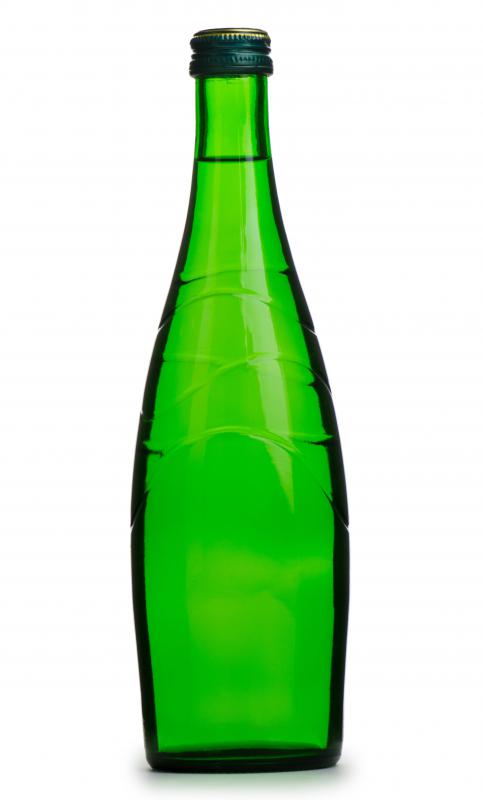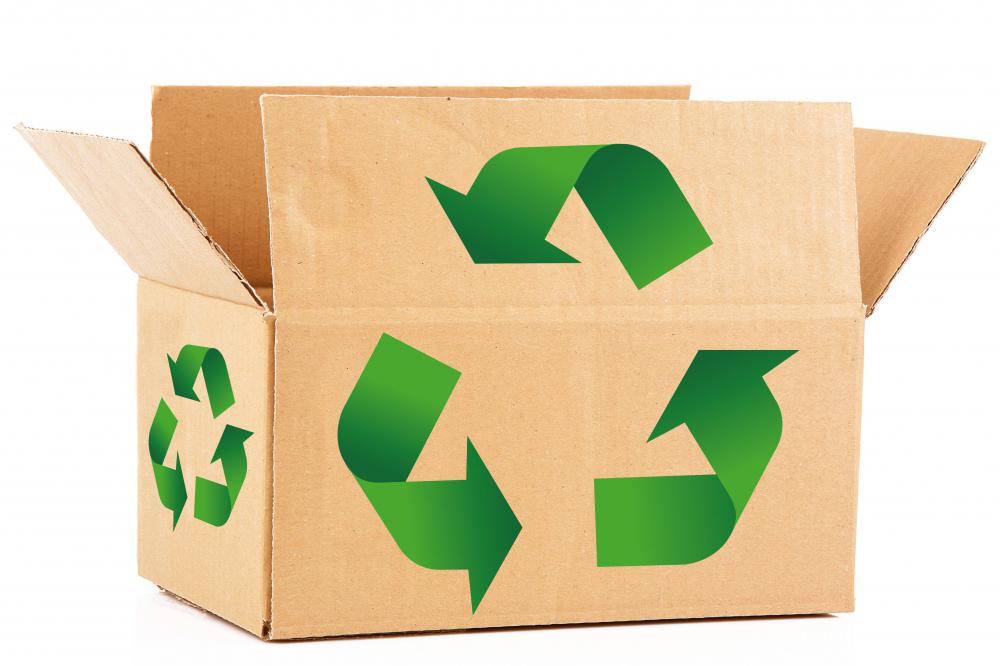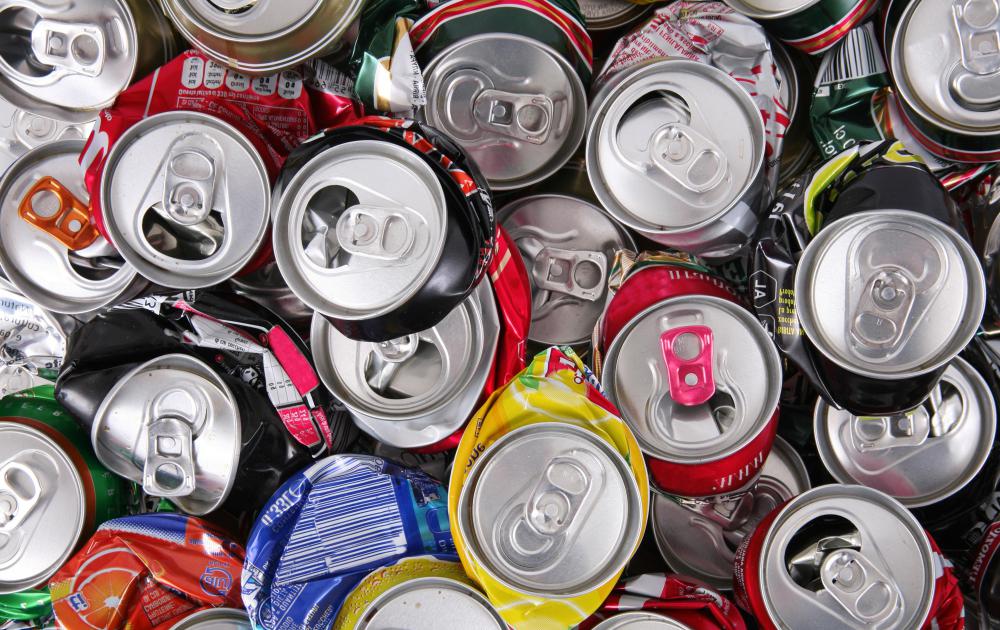At AllThingsNature, we're committed to delivering accurate, trustworthy information. Our expert-authored content is rigorously fact-checked and sourced from credible authorities. Discover how we uphold the highest standards in providing you with reliable knowledge.
What is the Importance of Recycling?
While recycling has become part of the daily routine for many people, the full importance of recycling is not always understood. In general, people do understand that recycling helps to minimize the drain on the limited resources of our planet. However, there are several other factors that make recycling important. Here are a few other reasons why recycling is extremely important to our world today.
One of the great things about recycling is that the process helps to minimize the presence of waste materials in our communities. Because items such as glass, paper, and plastics are being reused to create new products, they do not end up taking up space in a landfill somewhere. Since most people are not interested in having a garbage dump located near their homes or offices, recycling makes it possible to avoid creating newer and larger landfills that would otherwise be necessary to accommodate all the waste.

While many people realize that recycling is good for the environment in terms of easing the demand on our limited resources, they may not realize that choosing to reuse and recycle items also makes it possible to cut the cost of producing products significantly. For example, it takes anywhere from seventy-five to ninety-five percent less energy to produce aluminum cans from recycled products than it does to create them from raw materials. Thus, the importance of recycling not only extends to preserving raw materials but also to easing the energy needed to manufacture various goods.

Another example of the importance of recycling has to do with the creation of new jobs. As more people recycle, the number of people required to collect, sort and process recycled items continues to grow. More jobs in the community means more money spent in local stores, more taxes collected for the city or town, and in general a healthier economy for everyone concerned.

The importance of recycling also extends to maintaining a healthy balance in the ecology of the planet. By not having to mine raw materials in order to continue producing the same volume of products, there is less damage to our rivers, forests, and areas where wildlife is abundant. Since every form of life on the planet is dependent on the presence of another form of life, maintaining an ecological balance is key to providing security for the generations to come.

Think about all the reasons behind recycling the next time you begin to wonder if your meager contribution really makes a difference. The combined efforts of all people to recycle do in fact make a huge difference in our world. Look around your community and you are likely to see first hand the importance of recycling to your city or town in several different ways.
Frequently Asked Questions
Why is recycling important for the environment?

Recycling is crucial for the environment as it reduces the need for extracting, refining, and processing raw materials, which are major sources of air and water pollution. According to the EPA, recycling conserves energy and natural resources. For example, recycling aluminum cans saves 95% of the energy required to make the same amount of aluminum from its virgin source.
How does recycling benefit wildlife and ecosystems?

Recycling helps protect wildlife and ecosystems by reducing the demand for raw materials, thus preserving natural habitats. It also decreases the amount of waste sent to landfills where harmful chemicals can leach into soil and water, affecting plants and animals. The World Wildlife Fund notes that recycling paper reduces the need for deforestation, safeguarding habitats for countless species.
What economic advantages does recycling offer?

Recycling offers significant economic benefits by creating jobs in the recycling and manufacturing industries. The recycling and reuse industry employs more than 1.1 million people, according to the Institute for Local Self-Reliance. Additionally, it stimulates innovation in recycling technologies and contributes to a sustainable economy by reducing the costs associated with waste disposal and raw material extraction.
Can recycling help combat climate change?

Yes, recycling can help combat climate change by significantly reducing greenhouse gas emissions associated with the production of new materials. The EPA states that recycling materials like paper, plastic, glass, and metal helps to lower carbon emissions by saving energy on production processes that would otherwise contribute to global warming.
What is the impact of recycling on energy consumption?

Recycling has a profound impact on energy consumption. For instance, recycling aluminum saves up to 95% of the energy needed to produce it from raw materials. The Office of Energy Efficiency & Renewable Energy reports that recycling plastics can save up to 70% of the energy compared to making products from fossil fuels.
How does recycling reduce the strain on landfills?

Recycling reduces the strain on landfills by diverting waste that can be repurposed, thereby extending the lifespan of existing landfills and reducing the need to create new ones. The EPA highlights that for every ton of waste recycled, we conserve enough space in landfills to dispose of over 3 cubic yards of compacted garbage.
AS FEATURED ON:
AS FEATURED ON:






















Discussion Comments
the new polystyrene is the one new product that i think is a very good idea. It is made from tapioca. So after we are finish eating we can eat the polystyrene. that is a very brilliant idea and the way to reduce garbage
So many new products can be made out of old, unused items. Recycled glass is used for asphalt for example, or old tires can be made into mouse pads.
Post your comments